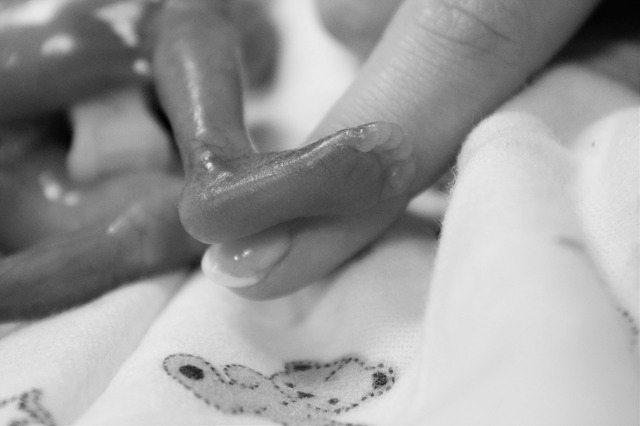
Even though the global infertility prevalence rates are difficult to determine due to several factors, as per a joint survey with World Health Organization (WHO), one in every four couples in developing countries had been found to be affected by infertility. But now a new study has found that with the help of artificial intelligence, having a baby using In vitro fertilisation (IVF) the success rate would be massive.
The new findings have shown that women could avoid the miscarriage or stillbirth issues if the clinics used a computer to assess embryo quality. It also stated that most of the pregnancy issues are caused by an abnormal number of chromosomes in the embryo.
The study pointed out that when a computer, nicknamed "The Beast", with AI showed the images of several embryos, it could predict which one would be the best candidate for successful birth with 85 per cent accuracy. The researchers have stated that this revolutionary fertility treatment would be available in the next five years.
The research team from Imperial College, London and Cornell University in the USA, will submit their findings to the American Society for Reproductive Medicine conference in Denver on Wednesday.
As reported by The Telegraph, the lead of the study, Dr Nikica Zaninovic from Cornell Universit said that if AI can identify between embryos with normal and abnormal chromosomes, "that will result in a reduced miscarriage and stillbirth rate, which is the reason for doing this research. This is something new and an 85 per cent success rate is huge."
For such process, none of the clinics has to buy the computer, as they can send the photos to the machine and receive the results within minutes.
"I just need patient information from a hospital in London and the image of the embryo and I can put this on the computer. It's all web-based. It doesn't mean every hospital will have to have this it can just be done over the internet very easily," said Dr Zaninovic, whose team is now patenting the technology.
A photo is taken of the embryo every 10 minutes and given to the embryologists, who use their expertise to identify the normal embryo instead of putting the sample under the microscope that involves a huge amount of risk of damaging it.
However, earlier a study, published in the British Journal of Obstetrics and Gynaecology, has shown that the observation through the time-lapse photographs actually could improve the live birth rates. But, the Human Fertilization and Embryology Authority has recently stated that more research is required before confirming a successful child birth.
During the trial process, the researchers found that the computer analysed photos of 328 embryos implanted into prospective mothers and it identified 280 embryos, which would result in successful baby birth. The AI is actually used to help the doctors as well as the patients to provide the missing data to boost IVF.
"To make a baby embryo is probably 80 per cent to 90 per cent of the value [reason] but there are other factors why an embryo doesn't make a live birth. So these numbers are almost 100 per cent because there are other factors in the mother after implantation. That's why we think this is extremely high," said Dr Zaninovic.
Prof Allan Pacey, from Sheffield University and one of the famous UK fertility expert said that "The ability to observe embryo development using time lapse systems has developed greatly in recent years and these devices have become commonplace in clinical practice. However, to date, data doesn't find that they actually help in selecting the best embryo and improving the chances of pregnancy."
In further addition, he stated, "Therefore the application of artificial intelligence to the data collected from time-lapse systems is a very good idea as it may find patterns and algorithms that are not visible to the human eye."
On the other hand, there are many experts who said that the young British women do not take folic acid before and during the pregnancy, as it helps to prevent the birth defects and as per a survey, among 11,000 women, aged between 18 and 24, half of them do not take the vitamin.









